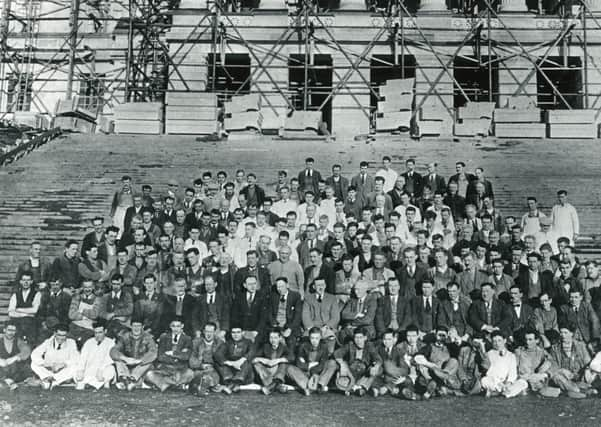THROUGH THE ARCHIVES: No compulsory examinations for council posts


Declining to accept at Stormont a Nationalist motion which advocated compulsory examinations for local government appointments Mr Andrews, the Minister of Health and Local Government, said that points other than brains had to be taken into consideration.
He said that local authorities had the right to decide what way they wished to fill posts. He added that they could, if they wished, hold examinations or “could use their experience” and by interview and judgment make appointments.
Advertisement
Hide AdAdvertisement
Hide AdBut he categorically stated that local authorities should not be forced to fill posts by examinations.
The Nationalist motion said that compulsory examinations would end “the widespread practice of having appointments made by many local councils and authorities on political grounds”.
Mr Andrews was clear in his disagreement with this statement and remarked that there was no such widespread practice in the Province.
He said: “Many members of the House, including myself, had been, or were, members of local authorities and it has been found that merit, suitability, preference for ex-Servicemen and the question whether or not the candidate could reside in the district, were matters which have to be considered.”
Advertisement
Hide AdAdvertisement
Hide AdThe motion was defeated and a Unionist amendment carried by 23 votes to six, with three Labour members opting not to vote.
Meanwhile the Unionist amendment that was passed it was noted that some local authorities did hold examinations for clerkships and that “all were free to do so”.
The amendment added that the general standard of local administration in Northern Ireland did not justify the introduction of a compulsory examination system.
Comment Guidelines
National World encourages reader discussion on our stories. User feedback, insights and back-and-forth exchanges add a rich layer of context to reporting. Please review our Community Guidelines before commenting.